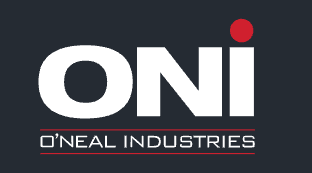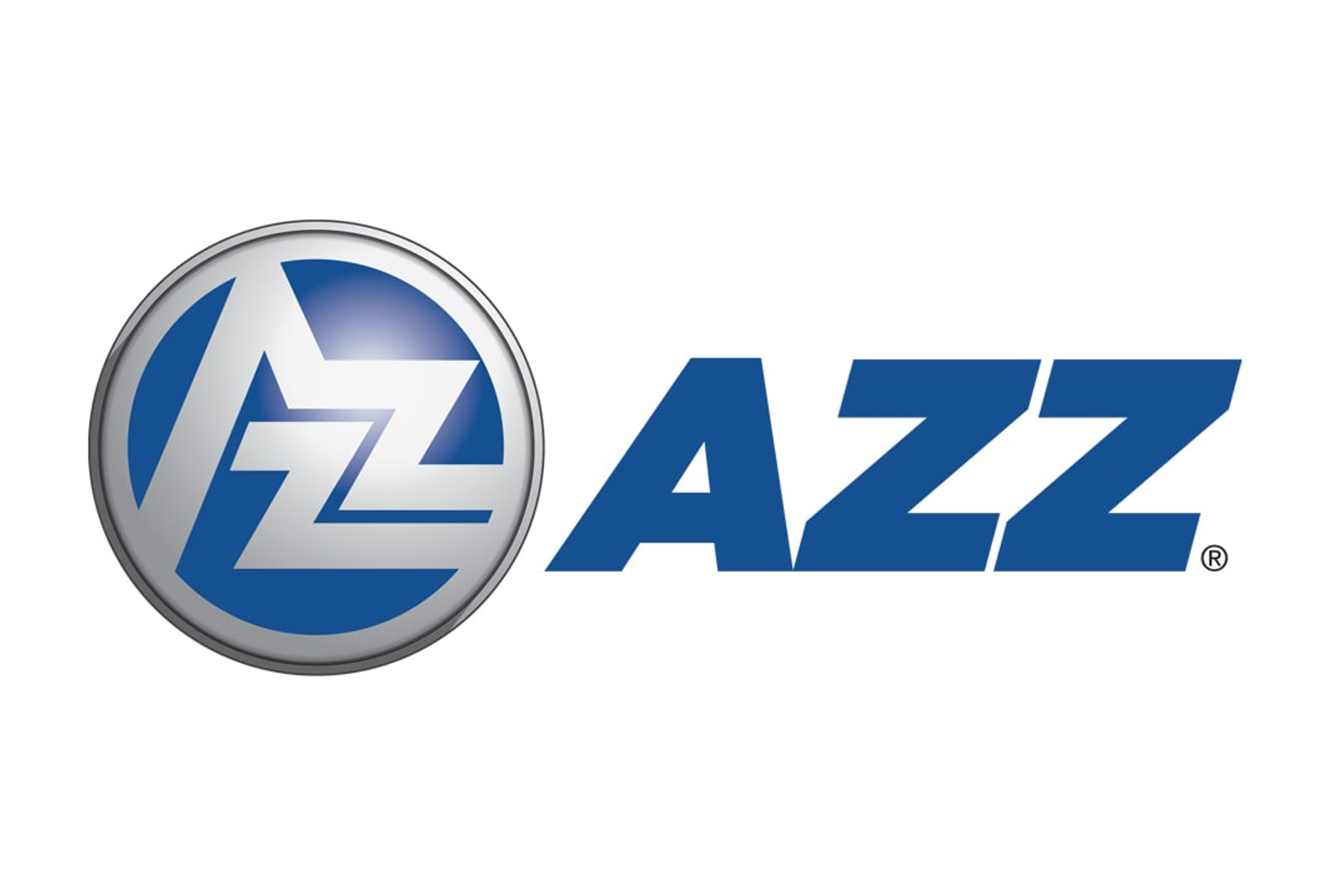Distributors/Service Centers

August 30, 2018
Playing Field Not "Fair and Level" for All, Say Small Manufacturers
Written by Sandy Williams
Tariffs are harming, and sometimes causing devastating effects, for small manufacturing businesses, said speakers at the 2018 SMU Steel Summit held in Atlanta this week. An informal survey of 486 people at the summit showed almost half (49 percent versus 43 percent) of those polled felt the Section 232 tariffs were having a negative impact on their business. Two speakers, in particular, spoke on the challenges of doing business amid trade wars, tariffs and surging steel prices.
“The politics of this industry is like dealing with a Third World country during a war on terrorism—unpredictable and always exciting,” said panelist Chris Shipp, vice president of sales at Priefert Steel and a Navy veteran. Priefert is both a manufacturer and a steel distributor. The Texas company is a farm, ranch and rodeo equipment manufacturer, as well as a steel processor and distributor.
Prices for domestic steel have rocketed since the Section 232 measures were implemented, far outpacing foreign steel pricing. It is difficult to pass on such rapid steel increases to customers, said Shipp. Priefert has raised prices four times in the past 12 months when historically its 40-year average is one increase every two years. The company has also delayed about $5 million in expansion plans, said Shipp.
Although the steel distribution side of Preifert’s business is growing, the trade environment is presenting challenges. The company has paid more than $400,000 in tariffs for products it cannot get in the United States,he said.
Priefert tried to obtain a Section 232 exclusion for only one product that is not made in the U.S. It took two attempts to correct minor flaws in the paperwork before Commerce would accept the filing. Eventually it was rejected over the objections of a domestic mill that does not manufacture the product either, but believed it could be made domestically, Shipp said.
U.S. steel mills maintain they are simply looking for a level playing field in international trade. “I don’t think a $350 hot rolled price difference between us and the rest of the world is a ‘fair and level playing field,’” said Shipp.
Shipp contends the tariffs have never been about national security, but about a political measure to protect jobs in the steel industry without consideration of the impact on downstream companies. “It’s difficult to work in an environment where a tweet can change a market,” he added.
General Stamping and Metalworks makes a variety of products for customers and employs 310 people, including some that have been with the company for over 50 years. Among GSM’s offerings are components for recreational vehicles and solar brackets. Both divisions are under stress from high steel prices caused by the steel tariffs, said panelist John Axelbert, GSM’s president. After eight years of consecutive growth, the RV segment is seeing layoffs and reduced production despite a higher demand forecast. It is an industry that is sensitive to a major downturn. “My hope is that we can navigate through the rough waters ahead without capsizing economic growth, because if we do, demographics and lifestyle trends position the RV industry to run strong for many years to come,” said Axelberg.
Steel used in solar installations averages annually about 30,960 tons of steel parts, 103,200 tons of steel tube, and 64,500 tons of I-beams. Brackets for solar installations are priced at $7.59 per unit in Indiana, compared to $4.43 in Germany and $5.06 in China. Steel parts fabrication is shifting overseas where steel prices are cheaper. “Where will companies be buying their solar bracket?” asked Axelberg. “Probably not here.”
A year ago, automation and superior processing gave GSM a competitive pricing advantage over competitors from China and India. Now the company expects to lose two-thirds of its solar business in the next 12 months. “The difference in the cost of steel is wide enough now to negate any technology or process advantage we could acquire,” said Axelberg.
“Fabricators are small businesses, but we employ thousands, contribute to the community and buy a lot of steel,” he added.







